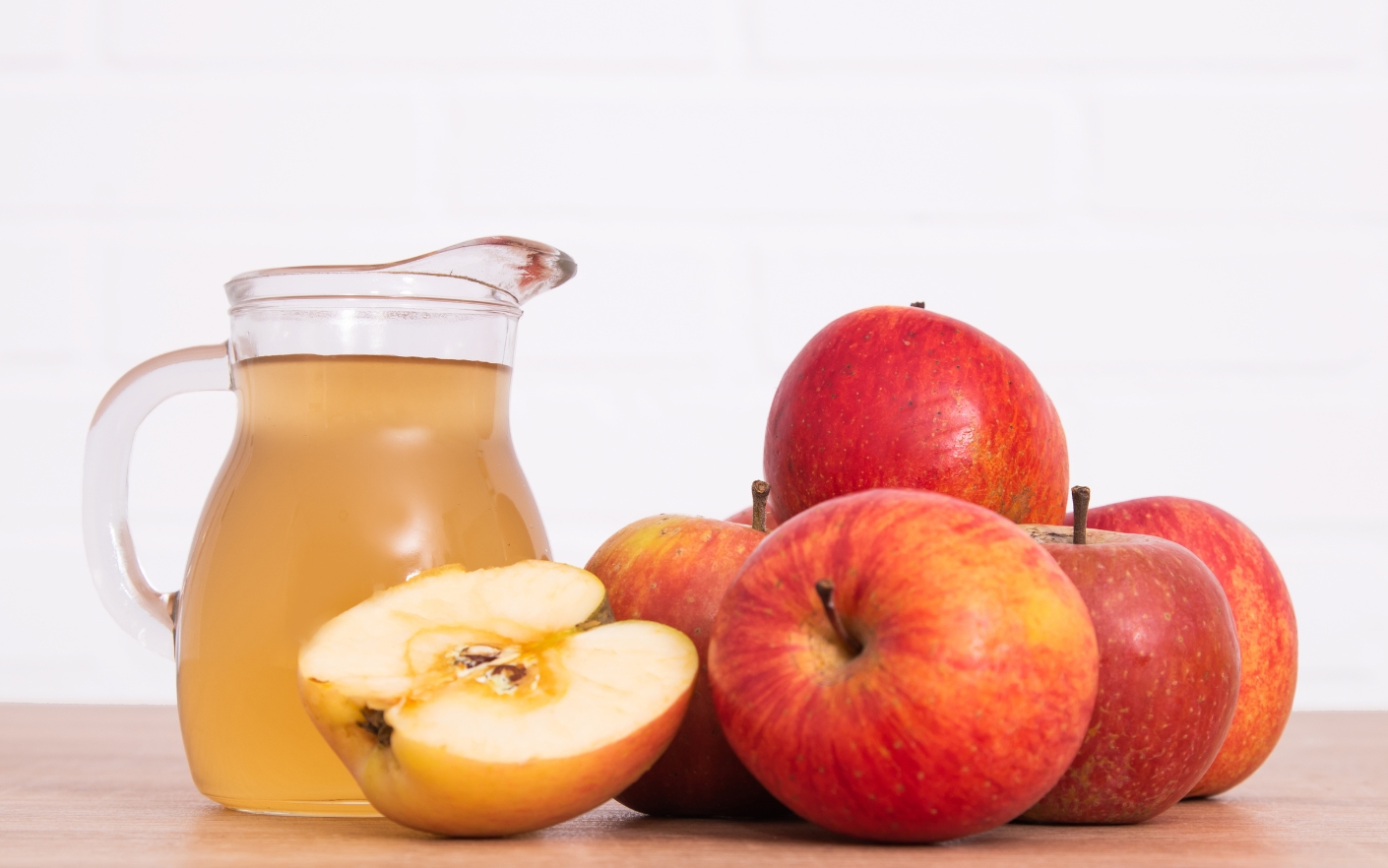Apple Cider Vinegar for balanced blood sugar

Apple cider vinegar can reduce post-meal blood sugar spikes by up to 34% when used correctly. This guide covers choosing the right type, proper dosage and timing, safety precautions, and how to make it taste good enough to use consistently.
Table of contents
- Why apple cider vinegar works for blood sugar control
- The science: how ACV actually works
- Choosing the right apple cider vinegar
- [PREMIUM] Dosage and timing protocols
- [PREMIUM] Preparation methods that actually taste good
- [PREMIUM] Safety guidelines and medication interactions
- [PREMIUM] Troubleshooting common issues and advanced strategies
Why apple cider vinegar works for blood sugar control
If you're managing prediabetes, diabetes, or insulin resistance, you've probably heard that apple cider vinegar (ACV) can help with blood sugar control. But you might be wondering: Is this just another health fad, or does it actually work?
The research is clear: apple cider vinegar is one of the few natural remedies with solid scientific backing for blood sugar control. Studies show that ACV can:
- Improve insulin sensitivity by 19-34%
- Reduce post-meal blood sugar spikes by up to 34%
- Lower fasting blood sugar when used consistently
- Help with weight management (which supports blood sugar control)
But getting these benefits requires using ACV correctly. The wrong type, wrong dosage, or wrong timing can be ineffective at best and harmful at worst.
The science: how ACV actually works
Apple cider vinegar contains acetic acid, which affects your body's blood sugar response in several ways:
Slows gastric emptying: ACV delays how quickly food leaves your stomach and enters your small intestine, which means glucose is released into your bloodstream more gradually instead of all at once.
Improves insulin sensitivity: The acetic acid helps your cells respond better to insulin, meaning your body needs less insulin to process the same amount of glucose.
Reduces glucose production: ACV can help reduce the amount of glucose your liver produces, particularly important for fasting blood sugar control.
Activates AMPK: This enzyme acts like a metabolic switch, helping your body use glucose more efficiently and store less as fat.
Choosing the right apple cider vinegar
Not all apple cider vinegars are created equal. For blood sugar benefits, you need the right type:
What to look for:
- Raw and unfiltered: Must contain "the mother" - the cloudy, stringy substance that contains beneficial enzymes and bacteria
- Organic: Ensures no pesticide residues that could interfere with benefits
- 5% acidity: This is the standard for most quality ACVs and what's used in research studies
- Glass bottle: Prevents plastic chemicals from leaching into the vinegar
Brands that meet these criteria:
- Bragg's Organic Apple Cider Vinegar (most widely available)
- Spectrum Organic Apple Cider Vinegar
- Dynamic Health Apple Cider Vinegar
- Fairchild's Apple Cider Vinegar
What to avoid:
- Clear, filtered vinegar: Has been processed and lacks the beneficial compounds
- Conventional (non-organic): May contain pesticide residues
- Flavored versions: Often contain added sugars that defeat the purpose
- Tablets or gummies: Don't provide the same benefits as liquid ACV
Become a member to access
Get instant access to:
✓ Dosage and timing protocols
Exact amounts and timing for maximum blood sugar benefits
✓ Preparation methods
5 different ways to take ACV that actually taste good
✓ Safety guidelines and contraindications
Who shouldn't use ACV and important safety precautions
✓ Medication interactions
How ACV affects diabetes medications and other prescriptions
✓ Troubleshooting common issues
Solutions for nausea, tooth enamel concerns, and digestive problems
✓ Advanced ACV strategies
Maximizing benefits and combining with other blood sugar support methods




